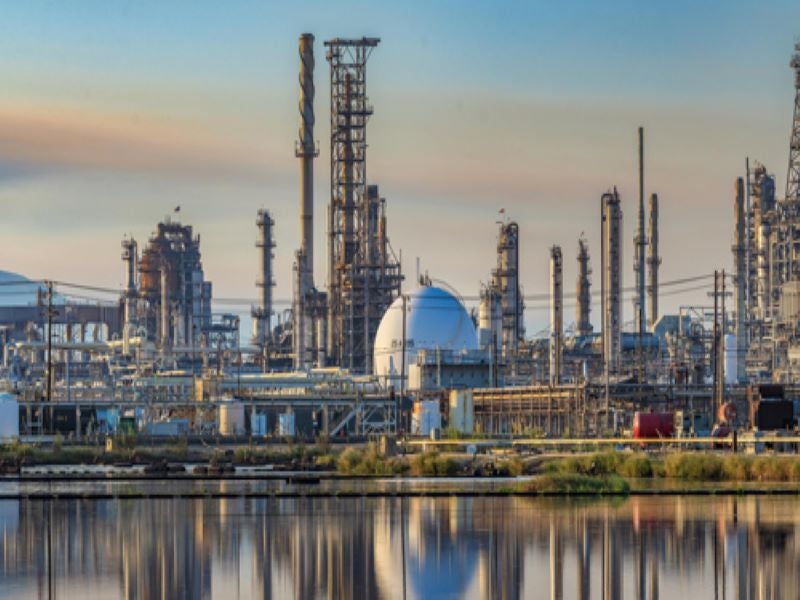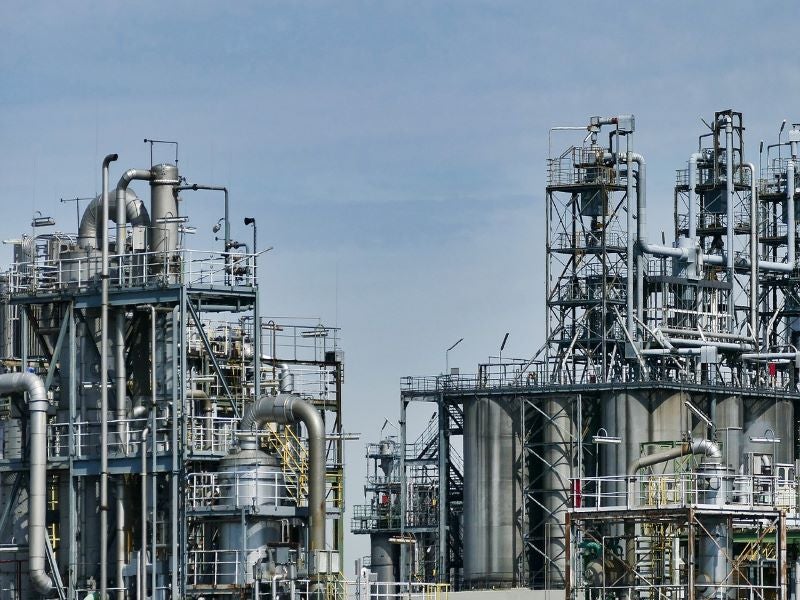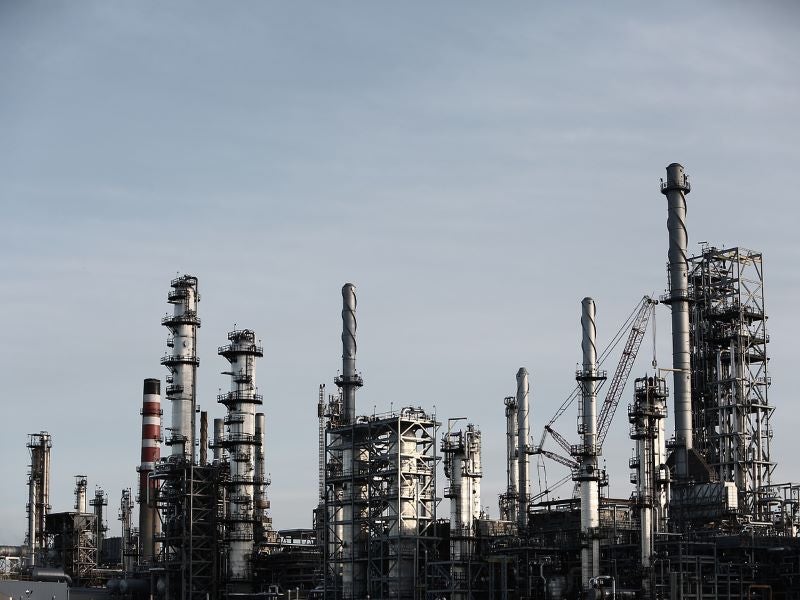The Martinez Renewable Fuels project currently under development in California, US involves the conversion of Marathon Petroleum’s refinery into a renewable diesel producer.
The project involves modifications to the existing processing units at the refinery and the two marine oil terminals connected to it. New processing units will also be installed at the refinery for the production of renewable fuels.
Marathon approved plans to convert the Martinez refinery into renewable fuels production facility in March 2021, with an estimated investment of approximately $1.2bn. The facility will use biobased feedstocks such as animal fat, soybean oil and corn oil to produce renewable fuels, mainly renewable diesel.
The Martinez renewable fuels project is expected to start producing renewable diesel at a rate of 260 million gallons a year in the second half of 2022 and will reach its nameplate capacity of 730 million gallons a year by the end of 2023. It will also produce renewable naphtha and renewable propane.
Construction on the renewable fuels project is anticipated to commence once all necessary permits, including the certification of the final environmental impact report, are in place.
Location and site details
The Marathon Martinez refinery is located in Martinez, Contra Costa County, California, US.
The refinery is spread over an area of around 1,130 acres on an approximately 2,000-acre site owned by the company. The remaining 870 acres of the area consists of undeveloped marshlands and grasslands.
Martinez Renewable Fuels project details
The Marathon Martinez renewable fuels project involves the addition of new units as well as modifications to the existing units to process the renewable feedstock.
The existing units that are not part of the project will be removed and they include a crude unit, alkylation unit, fluidised catalytic cracking unit, gasoline hydrotreater, steam boilers reformers, delayed coker, and other units.
The new units will include a renewable feedstock pretreatment unit and a stage 1 wastewater treatment unit. The pretreatment unit will be installed to remove impurities from the renewable feedstock, such as animal fat, soybean oil and corn oil, and supply the pretreated feedstock to the hydrodeoxygenation units for processing.
Modifications will be done to the existing units that include No.1 hydrodesulphurisation (HDS) unit, No. 2 HDS, No.3 HDS, Hydrocracker 2nd stage, Hydrocracker 1st Stage, and No. 5 gas plant.
The modified No.2 HDS and No.2 HDS units will have an average fresh feedstock processing capacity of 17,000 barrels per day (bpd) and 16,000bpd, respectively.
Hydrocracker 2nd Stage unit will be revamped to a diesel isomerisation unit, while Hydrocracker 1st Stage unit will be modified to a renewable hydrodeoxygenation (HDO) unit with an average processing capacity of 14,700bpd of fresh feedstocks.
Marine terminal modification details
The Marathon Martinez Refinery is connected to two marine oil terminals namely the Avon and Amorco. Andeavor Logistics, a wholly-owned subsidiary of Marathon Petroleum, is the owner of both terminals, with a capacity to handle around 160 ships annually.
Located approximately 800m north of the refinery, the Avon marine oil terminal was previously used to distribute distillate and petrol produced at the Marathon Martinez refinery.
Under the renewable fuels project, the terminal will be modified to primarily receive renewable feedstocks and to take the delivery of finished products for storage and distribution.
The Amorco marine oil terminal, located approximately 4km west of the refinery, was earlier used to receive crude oil for processing at the refinery. The terminal will be modified to turn it into a distribution facility for renewable diesel products.
Marathon Martinez refinery details
The Marathon Martinez refinery had a capacity of 161,000bpd before operations were suspended at the facility in April 2020.
The refinery products manufactured at the site included petrol, diesel, distillates, petroleum coke, liquefied petroleum gas (LPG), heavy fuel oil and propylene. Trucks, rail, marine vessel, and pipeline were used for the transportation of feedstocks and products.
The refinery currently has an atmospheric distillation unit, a vacuum distillation unit, a delayed coker, a fluidised catalytic cracker, a hydrocracker, a catalytic reformer, a desulphurisation unit and a sulphur recovery unit.
Marathon Petroleum became the owner of the Martinez refinery through the acquisition of Andeavor, formerly Tesoro, in October 2018. The facility, which was earlier known as Golden Eagle Refinery, started operations in 1913 under the ownership of Associated Oil.
Martinez Renewable Fuels project joint venture
In March 2022, Neste and Marathon agreed to establish a 50-50 joint venture for the Martinez renewable fuels project.
Neste is expected to invest approximately £770m ($1bn) in the joint venture, including half of the total development costs of the project to be incurred until the completion.
Both Neste and Marathon will be responsible for sourcing the feedstock for the facility and the produced renewable fuels will be shared equally by them.
Marathon will be the operator of the facility, once it is completed.





